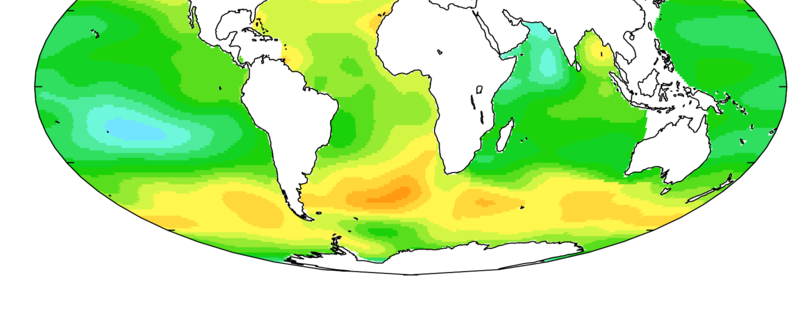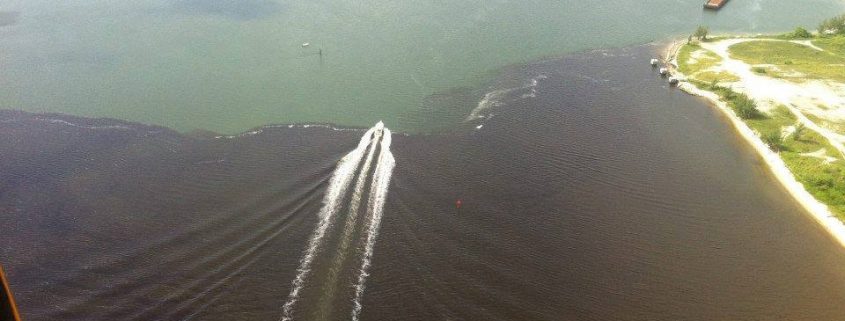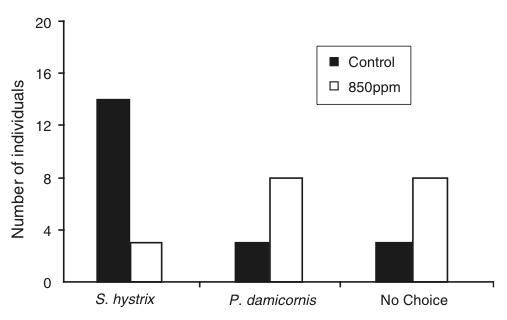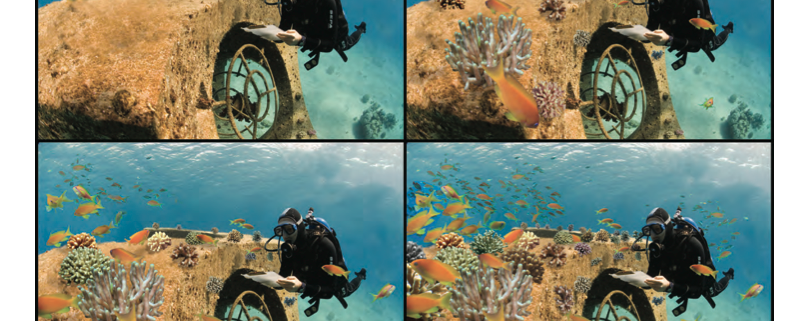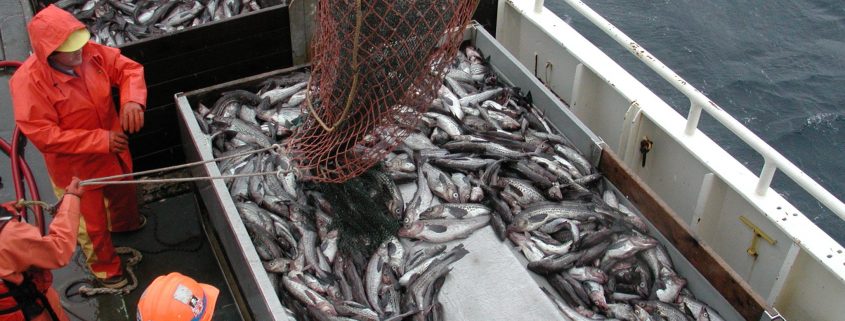Towards Improved Socio-Economic Assessments of Ocean Acidification’s Impacts
by Heather Alberro, RJD Intern This article focuses on the issue of ocean acidification and the complexity of its impacts on the marine environment, marine organisms, and on humans societies that depend on the goods and services provided by thriving oceans. The authors of the article stress that, due to the trans-disciplinary nature of the […]
Florida Marine Life Dying From Pollution
by Chelsea Olson, RJD Intern While much of the attention as of lately has been on Japan and the Fukushima radiation’s potential effects, a source of serious concern has been spreading in our own backyards. Many of Florida’s waterways are becoming increasingly polluted and, in turn, affecting local marine life, the ocean and our ecosystem. […]
Carbon Dioxide Exposure Influences Habitat Choice of Coral-Associated Fish
by Hannah Calich, RJD Intern Elevated carbon dioxide (CO2) levels have been shown to not only impact the health of coral reefs, but the health of coral reef associated fish as well. Coral-dwelling gobies are among the most habitat-specialized fish on coral reefs. Since these fish are rarely found outside of their preferred habitat they […]
The Reduction of Ocean Acidification Begins with Education
by Laurel Zaima, RJD Intern The buildup of carbon dioxide in the ecosystem impacts more than just the earth’s climate. One of the most commonly known consequences of the surplus release of carbon dioxide into the atmosphere is global warming; however, changes in the ocean chemistry is also associated with the increased emission of CO2. […]
Artificial Reefs, Biodiversity, and Ecotourism
by Jessica Ann Wingar, RJD Intern Coral reefs are a very important part of the ecosystem, and over the years, the condition of the world’s coral reefs has changed drastically; this condition has not changed for the better. There are many resources that coral reefs provide to the world. Some of these include tourism value […]
Marine Protected Area Connectivity
by Hannah Armstrong, RJD Intern More than 25% of the world’s fishery populations are considered overexploited or depleted, and 40% are heavily to fully exploited (Dayton PK, Sala E, Tegner MJ, Thrush S). In fact, some marine organisms have been driven extinct by human activity, while others remain close to extinction (Dayton PK, Sala E, […]

